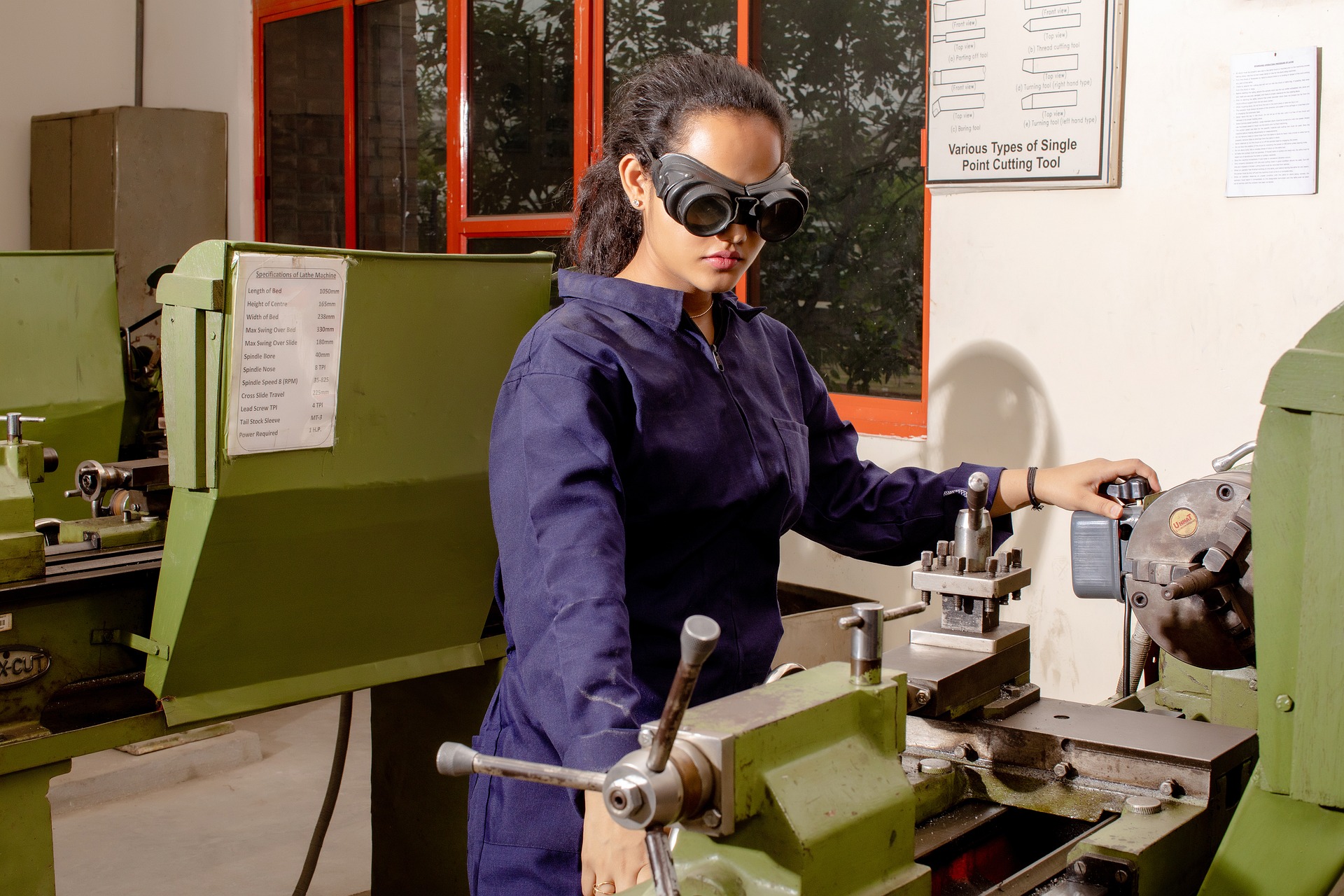Exploring HVAC Training Options: What You Should Know
Explore HVAC training options that could help you build valuable technical skills. Whether you're just starting or looking to expand your knowledge, there are educational programs that may suit your goals. Begin your search to find training that fits your needs and schedule.

Types of HVAC Training Programs Available
HVAC training comes in several formats to accommodate different learning styles and schedules. Traditional vocational schools and community colleges offer in-person programs that typically range from 6 months to 2 years. Online programs have also become increasingly popular, allowing students to learn theoretical concepts remotely while arranging hands-on practice through local partnerships. Certificate programs, diploma courses, and associate degrees are the most common educational paths.
What to Expect from HVAC Certification Courses
Most HVAC training programs cover fundamental topics including electrical systems, refrigeration principles, heating systems, and air distribution. Students learn about safety protocols, building codes, and environmental regulations. Practical training often includes troubleshooting exercises, system maintenance, and installation procedures. Many programs also incorporate EPA certification preparation, which is required for handling refrigerants.
Finding the Right Training Program for Your Goals
When selecting an HVAC training program, consider factors such as accreditation status, program duration, and learning format. Look for programs that offer industry-recognized certifications and have strong relationships with local employers. Some programs provide job placement assistance or apprenticeship opportunities, which can be valuable for career advancement.
Online vs. In-Person HVAC Training Options
Online HVAC training offers flexibility and convenience, allowing students to study at their own pace. However, in-person programs provide immediate hands-on experience and direct interaction with instructors. Many successful HVAC professionals complete hybrid programs that combine online learning with in-person laboratory work.
HVAC Training Costs and Program Comparison
| Program Type | Duration | Average Cost | Key Features |
|---|---|---|---|
| Certificate Program | 6-9 months | $1,200-$15,000 | Basic training, entry-level preparation |
| Associate Degree | 2 years | $15,000-$35,000 | Comprehensive education, advanced topics |
| Apprenticeship | 3-5 years | Paid training | On-the-job experience, structured learning |
| Online Certification | 3-6 months | $500-$5,000 | Flexible schedule, self-paced study |
Prices, rates, or cost estimates mentioned in this article are based on the latest available information but may change over time. Independent research is advised before making financial decisions.
Educational Resources and Career Development
Beyond formal training programs, numerous resources are available for ongoing HVAC education. Professional associations offer continuing education courses, industry publications provide technical updates, and manufacturer training programs help technicians stay current with new equipment and technologies. Many employers also provide additional training opportunities for career advancement.
The HVAC industry continues to evolve with new technologies and environmental regulations. Choosing the right training program is an important first step toward a rewarding career in this essential field. Consider your personal circumstances, career goals, and local market demands when evaluating different training options.




